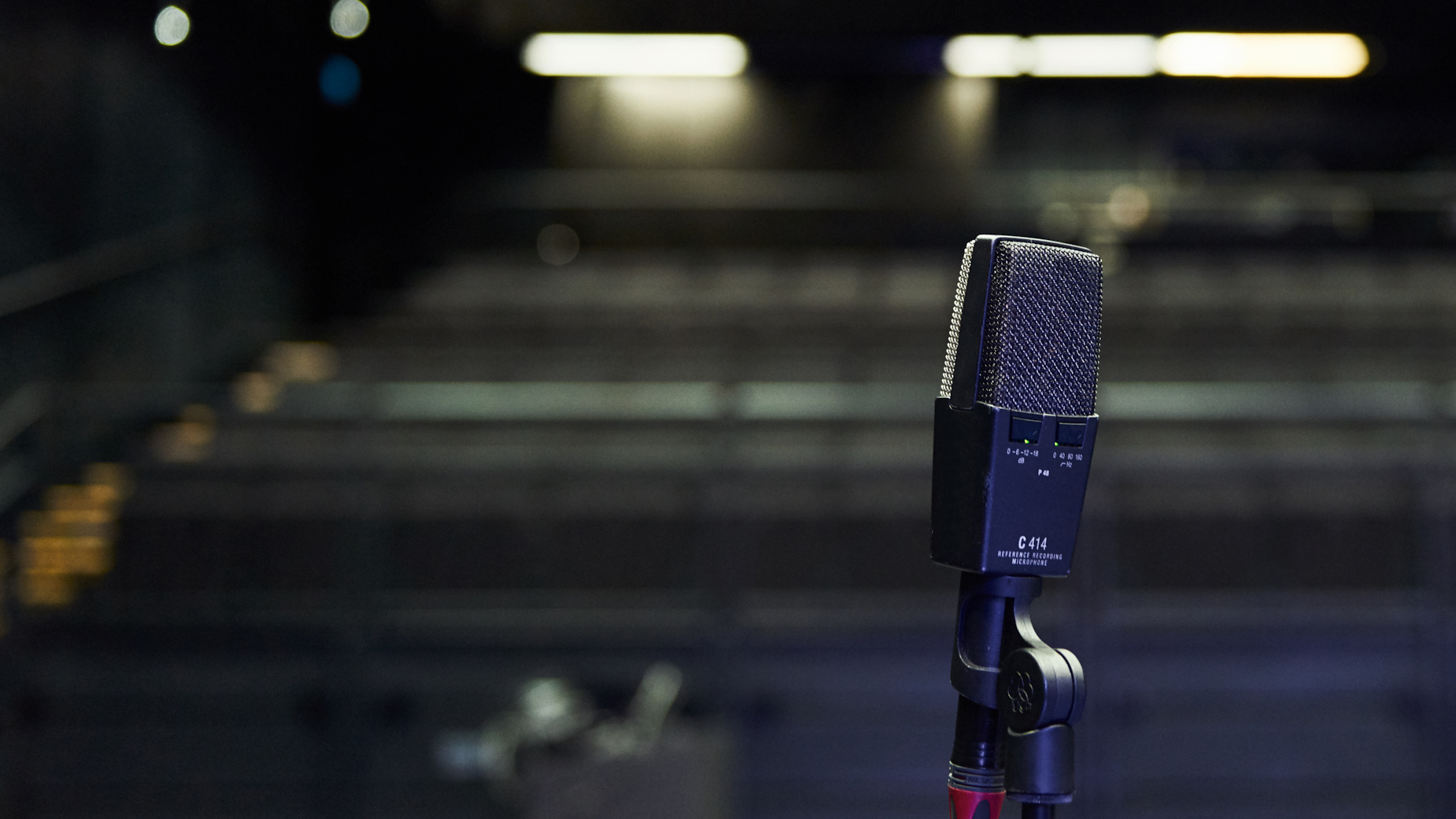Music Education AMP
A blog to amplify critical statements and openings for discussion in the field of music education.
About this blog
A blog to amplify critical statements and openings for discussion in the field of music education.
About this blog
Bloggen belyser hur tillgänglighet även bör förstås i termer av en mer jämlik fördelning av makt, särskilt i situationer där avgörande (politiska) beslut görs som påverkar den framtida konstundervisningen i Finland.
This blog reflects on the field trip of the ArsADAPT team, through the forests, rethinking the relationship between human beings and the ecological environment.
Kansanmusiikista ammentava näppäripedagogiikka listattiin hiljattain Unescon ihmiskunnan aineettoman kulttuuriperinnön luetteloon osana kaustislaista viulunsoittoperinnettä. Näppäripedagogiikka kannustaa kaikenikäisiä ja -tasoisia soittamisesta kiinnostuneita musisoimaan yhdessä. Näin se on esimerkki musiikkikasvatuksesta, joka pyrkii kestävyyteen.
This blog considers the change that systems thinking can evoke in music educational thinking. These considerations are reflected against a dual meaning choir practice.
It is important for music educators to recognize the role music can play in our interactions with the world. This is particularly noteworthy given our urgent need to address large-scale issues such as climate change and social responsibility. Can employing a lens of context that includes connection and relationships, alongside the delivery of content within music pedagogy, help to create space for deeper learning, engagement, behaviour change, or transformation?
If ecology is a systemic issue about making the world a living space for all human beings and their environment, then music educators have a say in it. It is the responsibility of music educators to reflect on how they can inflect a robust system to make it more democratic in terms of both pedagogy and accessibility. Their ability to enact this responsibility is also about democracy. May we foster the propagation of democratic waves in our society, and may these waves have a sustainable impact on ecology.
Den svenska sopranen, universitetsläraren och forskaren Lisa Fornhammar bor i Leipzig och undervisar sång som huvudämne och nutida vokalmusik på Mozarteum i Salzburg. Som forskare utvecklar hon pedagogiska koncept inom nutida vokalmusik. I Finland har man kunnat höra henne som sångerska bland annat som solist i “Mysteries of the Macabre” av Ligeti vid Time of Music Festival i Viitasaari. Lisa Fornhammar är doktorand på MuTri Doctoral School på Uniarts Helsinki.
Inspirerad av Gert Biesta´s texter beskriver hon sina erfarenheter under ett nästan helt års undervisning på distans, fördelar, nackdelar och lärdomar inför framtiden.
SML:n OPS-tukimateriaalit eivät tue musiikkioppilaitoksia muutoksessa.
Voiko oppilaan itseohjautuvuuteen liikaa luottava ”oppilaslähtöinen” soitonopetus tuottaa eriarvoisuutta?
Att vara i världen är att möta motstånd skriver Gert Biesta, nederländsk utbildningsfilosof och teoretiker. Avgörande är vad vi gör med detta ögonblick.
Professor Gert Biesta reflects on how his book Letting Art Teach speaks to the current state of affairs potentially creating meaningful interruptions in arts education.
Teaching and learning were shifted to online circumstances at a very fast pace as a result of the Corona pandemic in Spring 2020. This blog discusses the impacts of this drastic shift on music teaching and learning.
Koronatilanteet aiheuttavat poikkeuksellisia päätöksiä, mutta taiteen ja kulttuurin kohdalla tilanteet ovat toistuvia kohtaamisia, joissa paljastuu tietämättömyys ihmisten perusoikeuksiin sisältyvistä kulttuurisista oikeuksista.
Being a responsible practitioner in the field of the arts and arts education, and engaging in larger societal practices, interprofessional thinking and multidisciplinary discussions, does not entail the instrumentalization of art and music. Instead, it makes our aims and desires more transparent, and ethically and morally sustainable and relevant.
Tuulikki Laes and Heidi Westerlund reflect on visiting professor Gert Biesta’s ideas on art education in COVID times.
The purpose of this blog is to serve as an amplifier for critical statements and openings for discussion in the field of music education. The blog publishes texts in Finnish, Swedish and English. The writers are students, teachers and researchers in the music education degree programme and MuTri doctoral school.